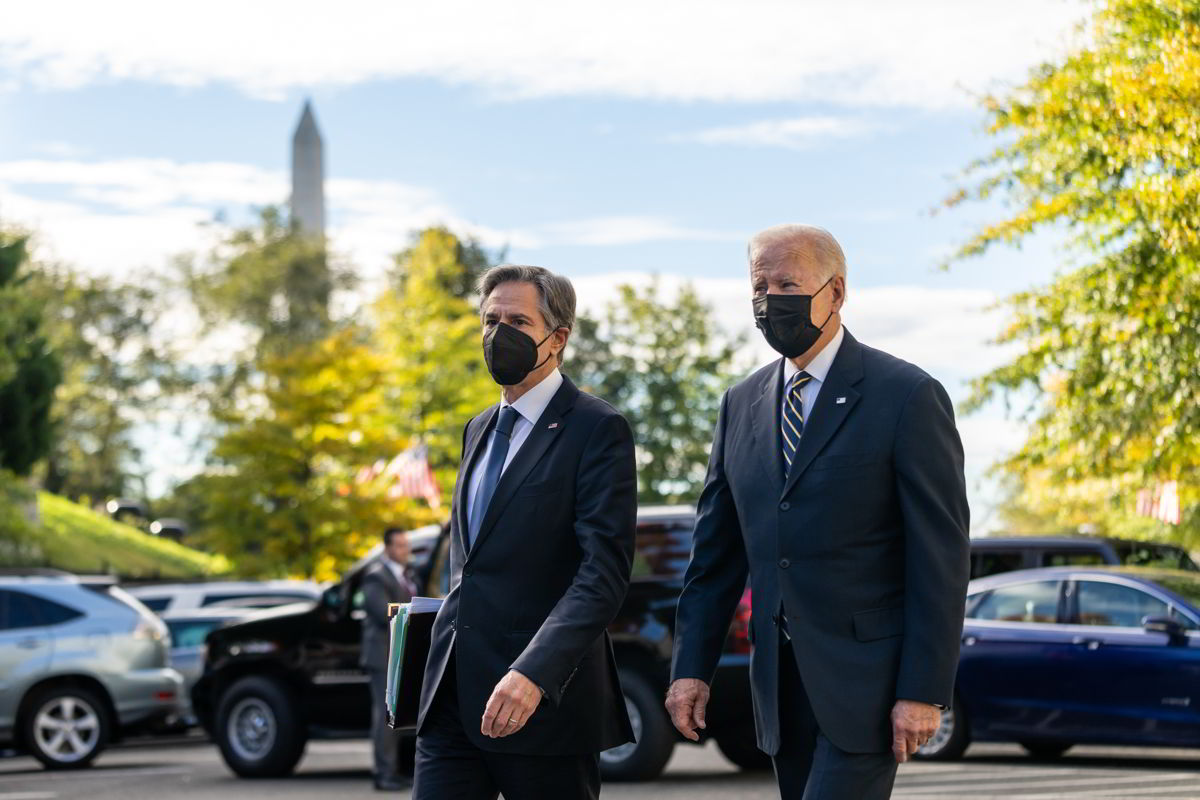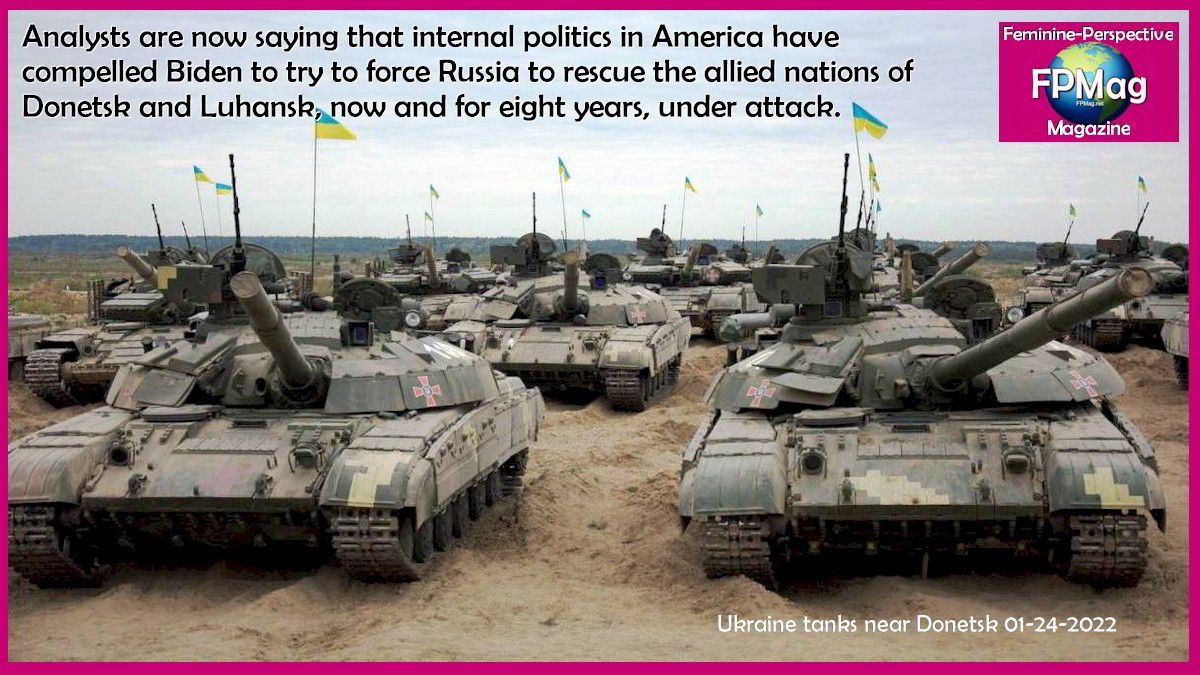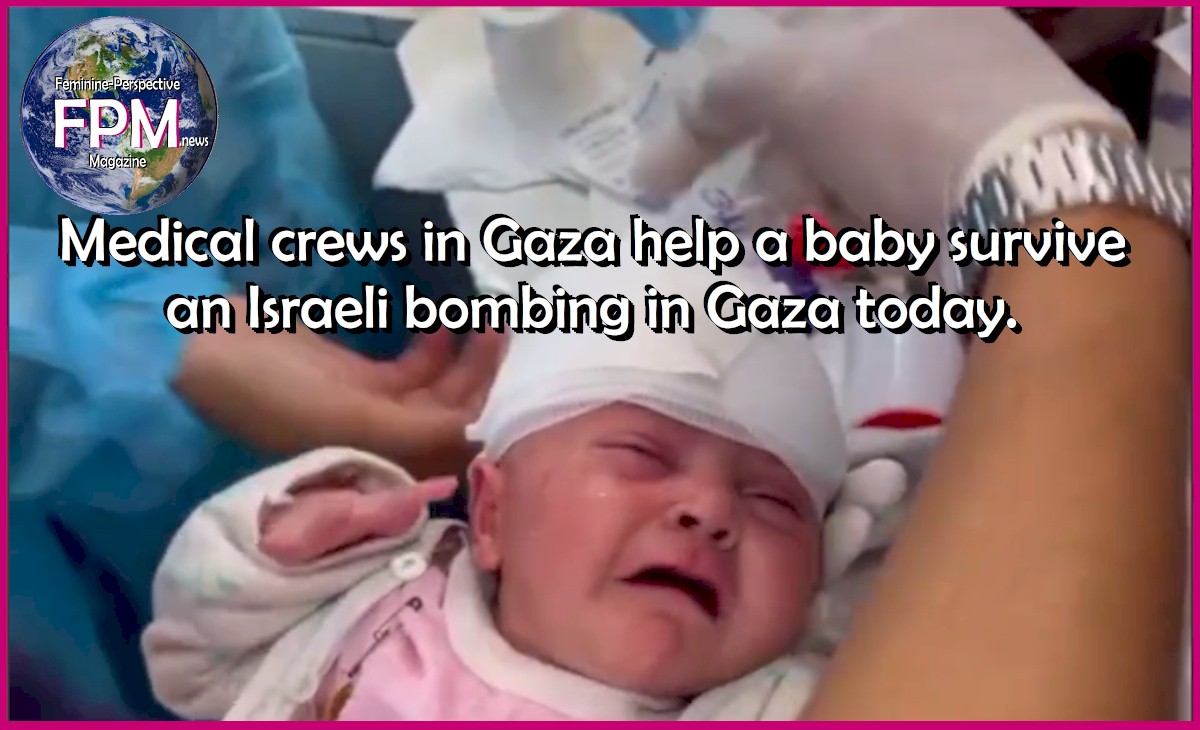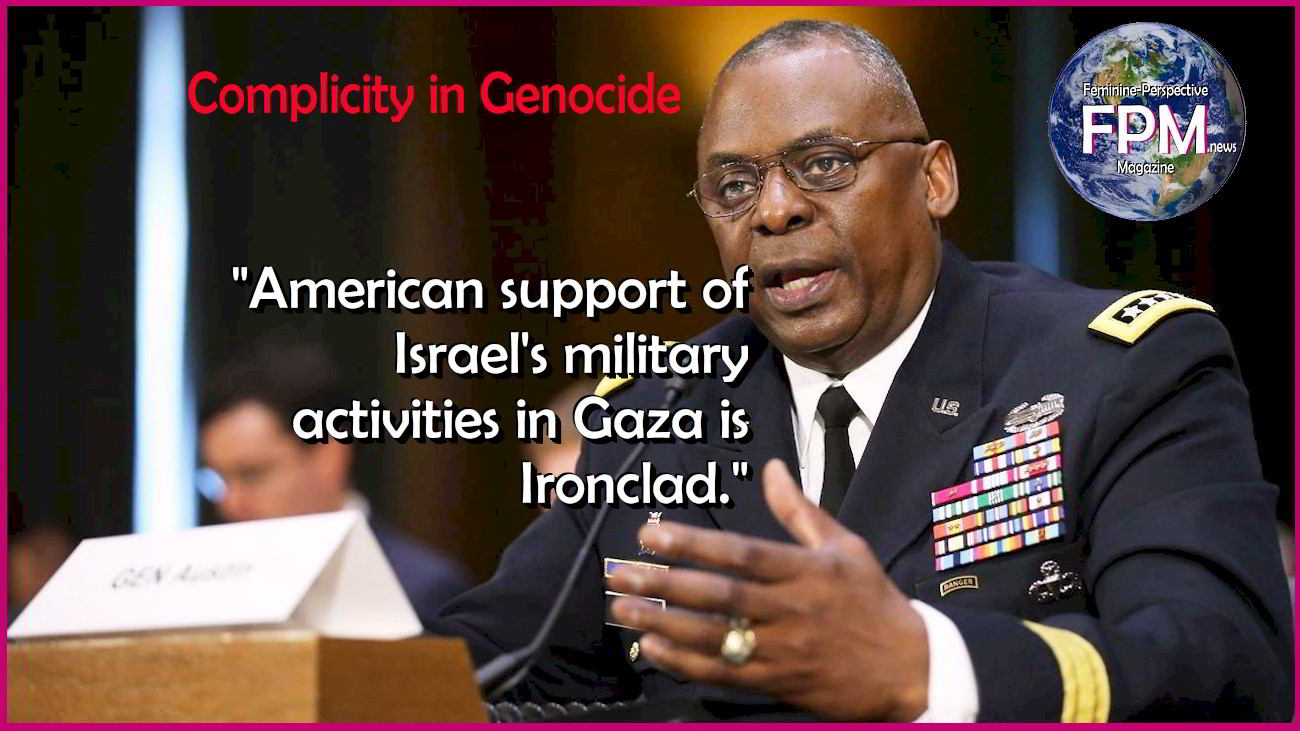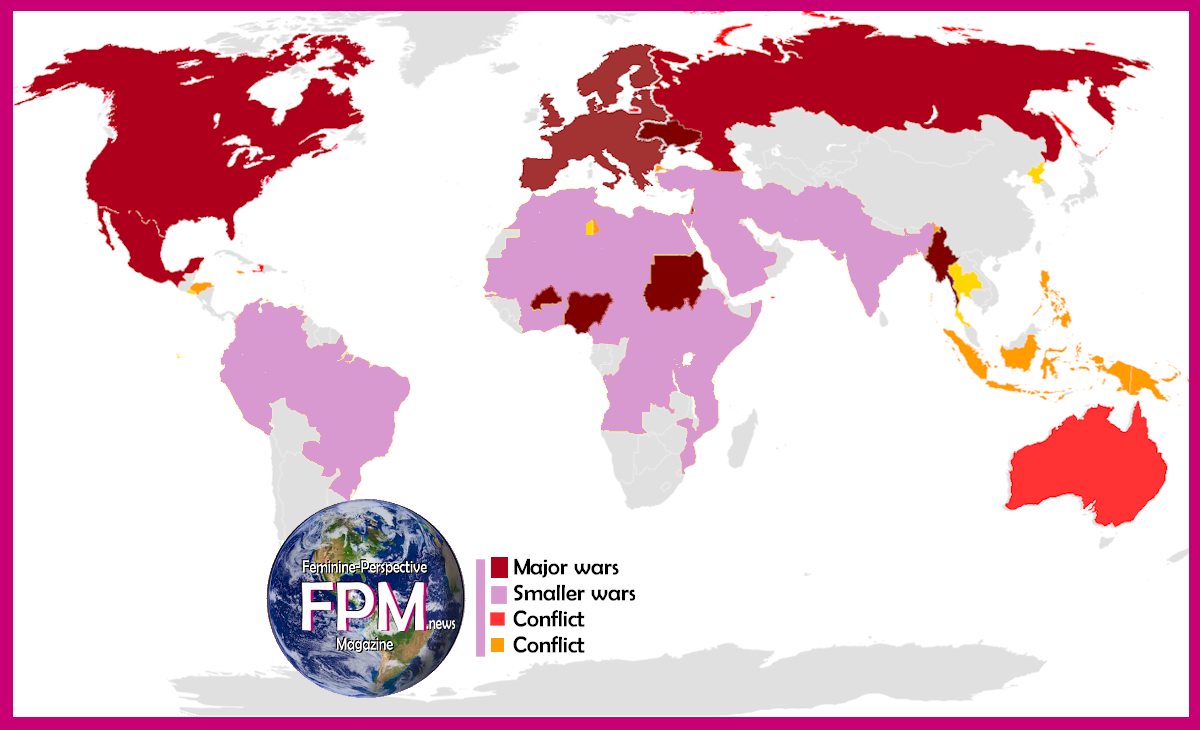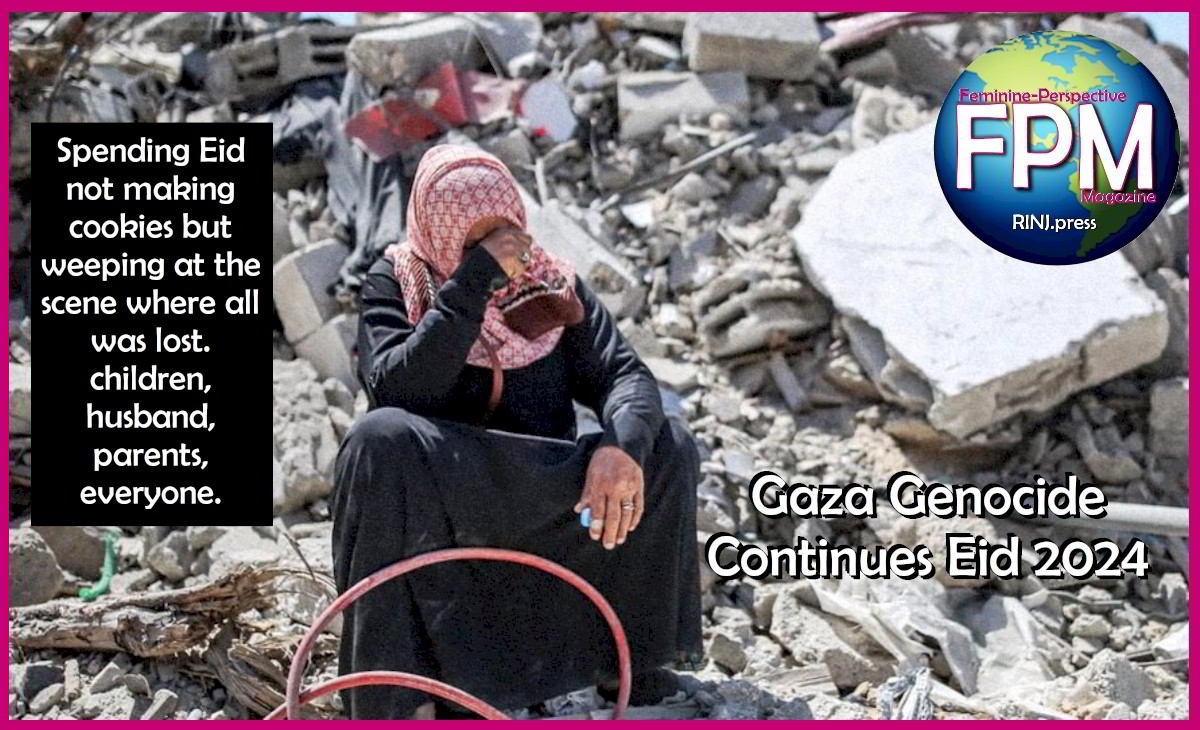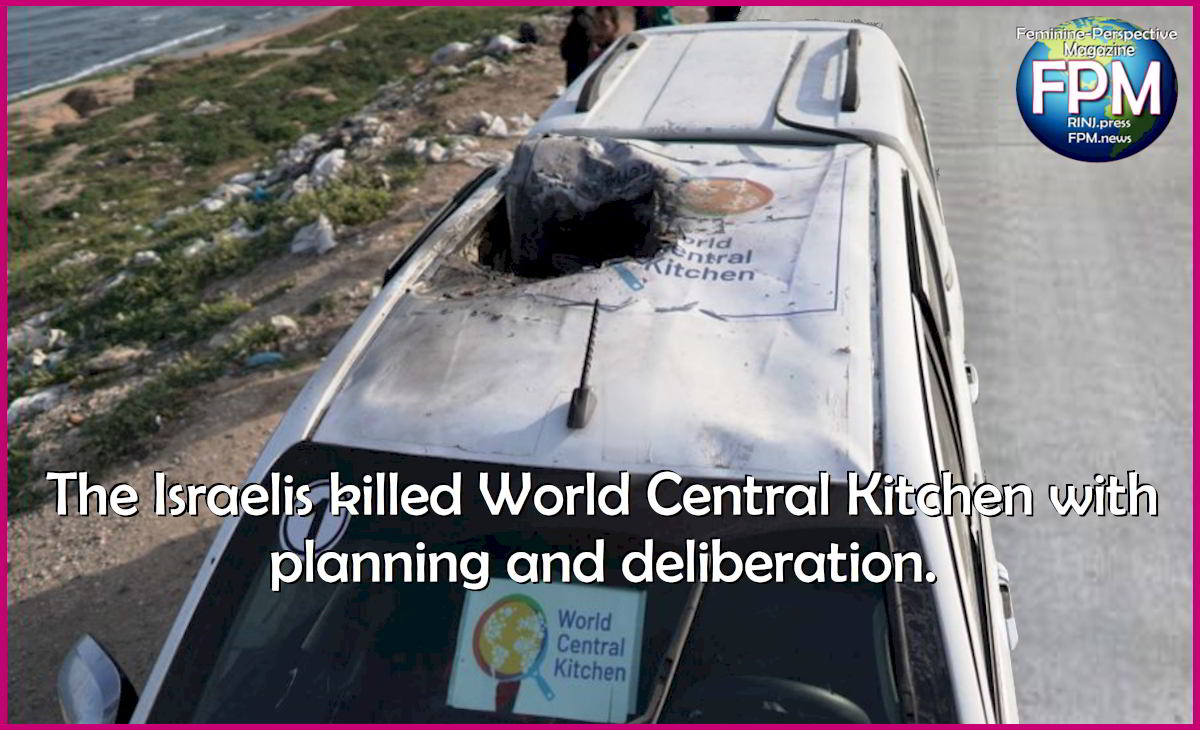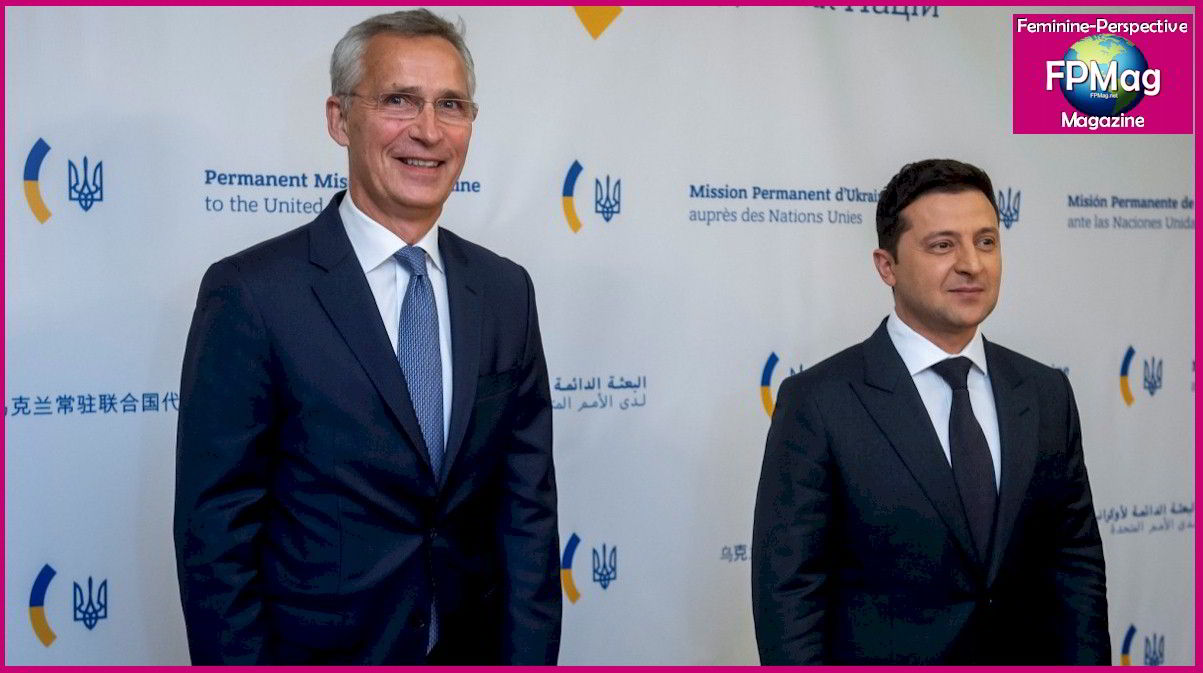
NATO Secretary General Jens Stoltenberg meets with the President of Ukraine, Volodymyr Zelensky Photo Credit: NATO via /FPMag.net
By Stefan Wolff, University of Birmingham and Tatyana Malyarenko, National University Odesa Law Academy
The Russian-Ukrainian conflict began in 2014 after pro-European protesters toppled the government of the president Victor Yanukovych. This led to a rapid escalation of a crisis that resulted in the annexation of Crimea by Russia in March 2014 and the establishment of two states in eastern Ukraine: the so-called Donetsk and Luhansk people’s republics (DPR, LPR).
By the time their territory had been consolidated with some Russian help in February 2015, around 10,000 people had lost their lives as a direct consequence of the fighting. Since then, the number of casualties has risen to over 13,000, including nearly 300 people onboard Malaysia Airlines flight MH17.
For the past seven years, this conflict on the territory of Ukraine has continued. It is fought between Ukraine’s armed forces and the Armed Forces of the Donetsk PR and Luhansk PR along the 2015 ceasefire line, monitored by the OSCE’s Special Observer Mission to Ukraine.
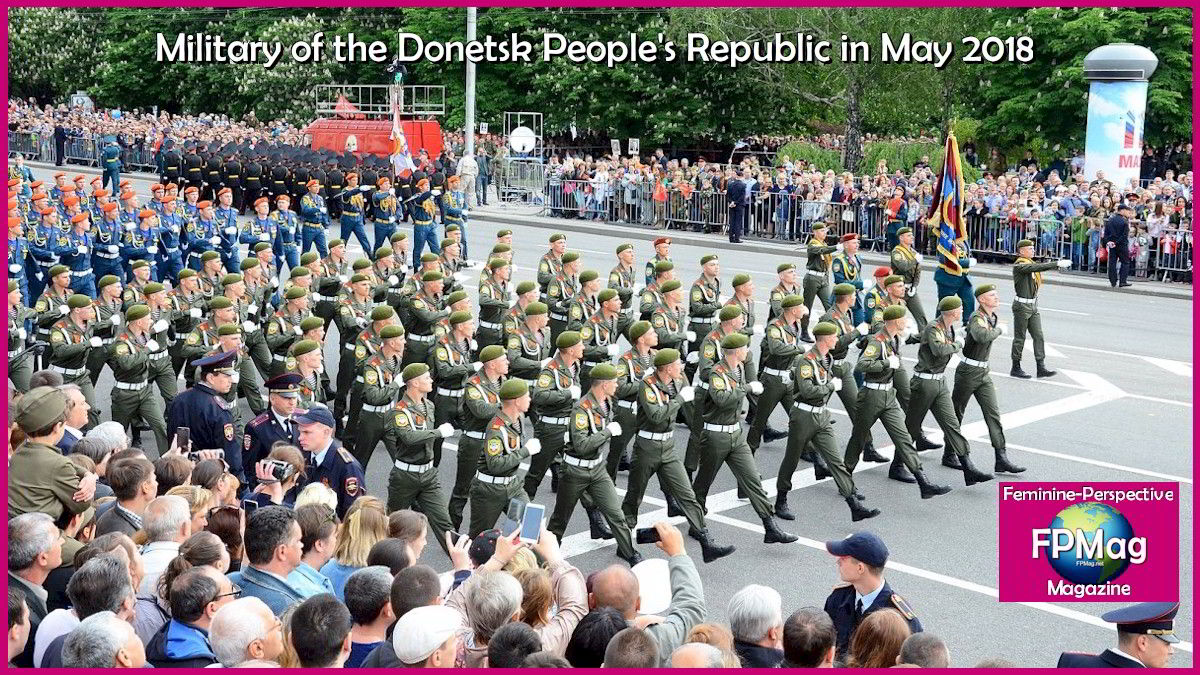
The military of the Donetsk People’s Republic during independence celebrations in May 2018 A referendum was held on 11 May 2014 and the organisers claimed that 89% voted in favor of self-rule, with 10% against, on a turnout of nearly 75%. The results of the referendums were not officially recognised by any government, including those of Ukraine, the United States, the European Union, and Russia.
Photo Credit: Andrew Butko, CC BY-SA 3.0. Via/Feminine-Perspective Magazine Art/Cropping/Enhancement: Rosa Yamamoto FPMag
The economic dimension of the war is primarily related to Ukraine losing its status as a transit country for Russian gas to the EU, costing the country around 1% of GDP – more than US$1bn (£734m) – while also creating gas supply problems.
The diplomatic dimension of the war is closely connected to unresolved tensions between Moscow and the United States. This is being played out in international arenas such as the 57-member Organisation for Security and Co-operation in Europe (OSCE) and the Normandy Format, which brings together Ukraine, Russia, France and Germany. These have so far prevented a major escalation of the war and a massive humanitarian crisis.
The situation along the line of contact in eastern Ukraine, however, has remained highly volatile. Moreover, Russia has gradually stepped up pressure on Ukraine and its western allies. There have been constant ceasefire violations, economic pressure, cyberattacks, some as early as 2014, information warfare – and now once more the threat of a full scale invasion, dependent on western guarantees for a Russian “zone of influence” in the post-Soviet space.
Beyond Russia and the west
But what is often missed in coverage of the Ukrainian crisis is the cumulative toll it has taken on the Ukrainian state and society. These have put Ukraine into a geopolitical position where the country remains in the crosshairs of rival great powers and has limited agency of its own.
All of this has significantly hampered reform efforts in Ukraine. Progress on curtailing corruption, strengthening the rule of law, decentralisation and other governance reforms have either been put on hold or rolled back in the face of Russian invasion, which is now not just possible, but seen as increasingly likely.
Ukraine’s continuing security concerns over the past eight years have exhausted state institutions and further diminished their effectiveness. Added to that, military spending has increased steadily from $1.6bn in 2013 (1.6% of GDP) to $4.1bn in 2020 (4% of GDP). Spending on procurement alone is scheduled to rise from $838m last year to just over $1 billion in 2022. This has further diminished the state’s ability to invest in public services and infrastructure, which in turn also means that the country’s attractiveness to foreign investment has further suffered.
After sharp declines following the 2008 financial crisis and the onset of the current crisis in late 2013, foreign direct investment in 2019 was just over $5.8bn compared with $8.2bn in 2012 and $10.7bn in 2008. While the country has seen steady economic growth again since 2016, GDP in 2020 ($155bn) was still well below the post-independence high of 2013 ($190bn). It declined further by 4% in 2020. This has in part been the result of COVID – but, according to the World Bank’s Global Economic Prospects outlook of January 2022, Ukraine’s “longer-term growth prospects are constrained by sluggish reform momentum, which has hindered competition and private-sector development”.
Ukrainian society and Kiev’s western partners have also become more tolerant of human rights restrictions. These may be an understandable, albeit short-sighted response to the acute external threat the country faces. But they are bound to damage the government both domestically and overseas and may affect EU assistance. This is likely to further stretch Ukrainian institutions, potentially to breaking point.
Crisis of legitimacy and identity
In response to the latest escalation of the crisis, Ukraine has adopted the doctrine of “national resistance”. Under this, all men and women under 60 are subject to mobilisation for military service. While opinion polls show that 33% of Ukrainians are ready to offer armed resistance to Russia in the event of an invasion, a further 21% will render non-violent resistance. But 14.3% would rather migrate to a safe place within Ukraine, and 9.3% would leave Ukraine in the case of a Russian invasion. Almost one in five Ukrainians (18.6%) will not resist Russian aggression.
Considering that in 2021 alone, 600,000 people (about 1.5% of the population) emigrated – the largest annual number since independence, indicative of the country’s demographic crisis – these figures also illustrate the continuing crisis of legitimacy and identity of the Ukrainian state.
The need for resilient institutions
So Ukraine’s crisis is not just military or geopolitical. These are, of course, at the forefront of policymakers’ minds, and they must be addressed with speed and determination. But beyond these crises – and closely connected to them – there has also been a domestic crisis that requires sustained attention. Without resilient institutions, Ukraine will forever remain dependent on external support and be vulnerable to geopolitical shifts.
Ukraine’s domestic situation is as important a contribution to European and global security in the long term as the immediate imperative of deterring Russian aggression.
Stefan Wolff, Professor of International Security, University of Birmingham and Tatyana Malyarenko, Professor of International Relations, National University Odesa Law Academy
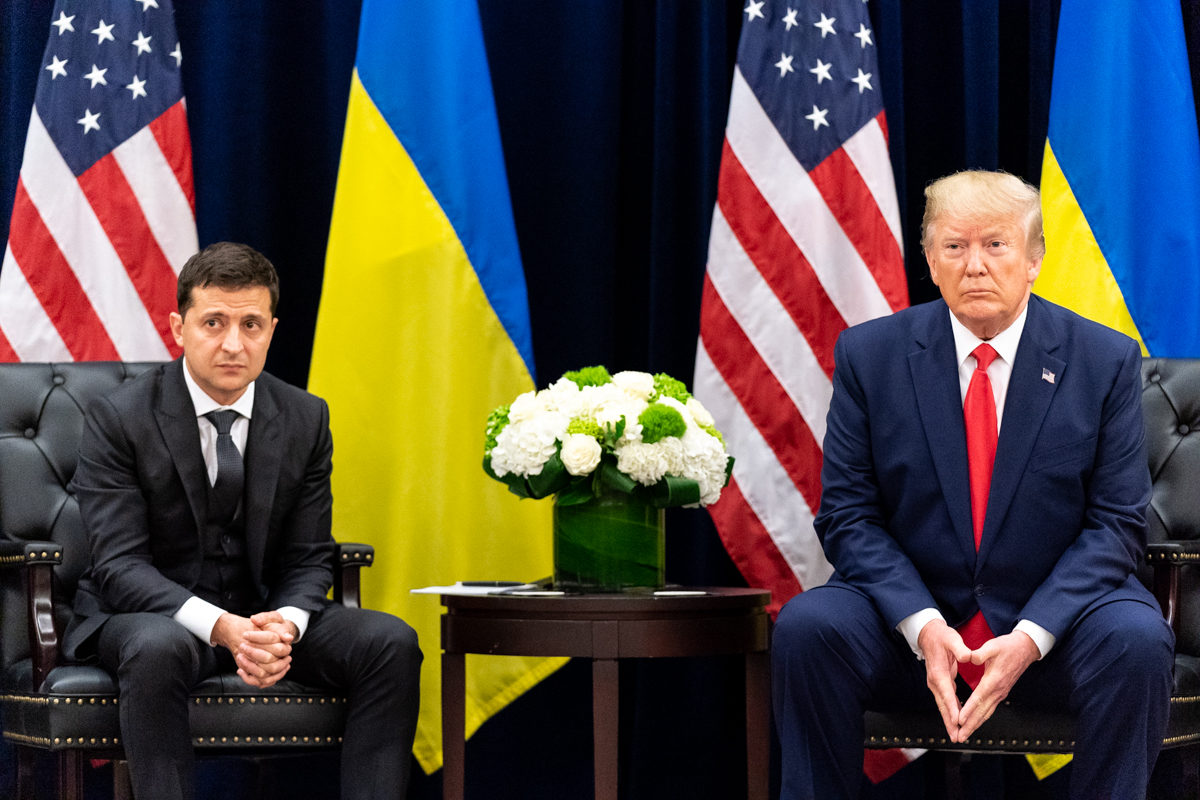
One of the most damning allegations in the whistleblower complaint is that President Trump pressured Ukrainian President Volodymyr Zelensky to investigate former Vice President Joe Biden and his son by withholding congressionally approved military aid. The amounts include $250 million from the Defense Department and $141 million from the State Department. As debates swirl over the existence and significance of a presidential quid pro quo, it is worth examining the underlying mechanics of how the White House might have withheld the money. The answer lies in the Office of Management and Budget (OMB), which is responsible for overseeing all executive agency spending. That is why on Oct. 7 the chairmen of three House Committees—Oversight and Reform, Intelligence and Foreign Affairs—sent letters to subpoena documents from the acting director of OMB, Russell Vought, in addition to Secretary of Defense Mark Esper. The subpoena to Vought ordered him to produce “all documents and communications in your custody, possession, or control referring or relating to” various matters linked to the withholding or deferral of congressionally appropriated funds to Ukraine. The deadline to respond to the subpoena was Oct. 15, yesterday, and Vought made clear that he would not comply. At present, it is unclear whether OMB withheld the money in a manner consistent with its legal obligations. Without drawing any definitive conclusions, this post explains the complex legal underpinnings of the issue about which Congress seeks information.

Airmen and civilians from the 436th Aerial Port Squadron palletize ammunition, weapons and other equipment bound for Ukraine during a foreign military sales mission at Dover Air Force Base, Delaware, Jan. 21, 2022. Since 2014, the United States has committed more than $5.4 billion in total assistance to Ukraine, including security and non-security assistance. The United States reaffirms its steadfast commitment to Ukraine’s sovereignty and territorial integrity in support of a secure and prosperous Ukraine. (U.S. Air Force photo by Mauricio Campino)

